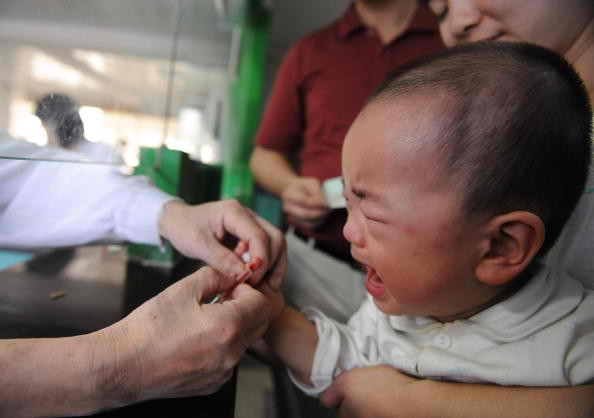According to the National Health and Family Planning Commission official told a press briefing that there was an increase of 1.91 million in the country's population in 2016. There is a total of 17.86 million babies.
Neonatal deaths also decreased to 7.5 percent from 8.1 percent in 2015.
Yang Wenzhuang, a division director of the commission, said, "It demonstrates that the universal second-child policy came in time and worked effectively."
The government scrapped the one-child policy and forecasted that there will be an annual increase of 3 million in the population. The one-child policy was scrapped to increase the number of young and productive people in the country.
The one child policy also caused fertility rates to go down. In 1965, there was an average birth of 6 babies per mother.
In 2014, the birth rate fell to one per woman.
The failure to reach targets is mainly due to the rising economic costs and lack of health services. According to a survey conducted by the Population Research Institute of Guangdong, only 34 percent of 12,000 families want a second child.
Experts from the University College London led a research on China's two-child policy. Therese Hesketh, a professor of global health, led the study.
She said, "It's something we've all been waiting for, for a long time. But the effects are only going to come through in the adult population."
The report also indicated that 90 percent of women in China only want one child due to the rising difficulties of child-rearing.
The study also revealed that there will be around 750 million productive people in the country by 2050, and with the two-child policy, the productive population will increase to 800 million.
According to a separate study conducted by the United Nations, the global population will be 9.7 billion by 2050. They have yet to revise their estimates due to the change in China's childbearing policy.
The global population will be 11.2 billion by 2100 based on the U.N.'s report.



























